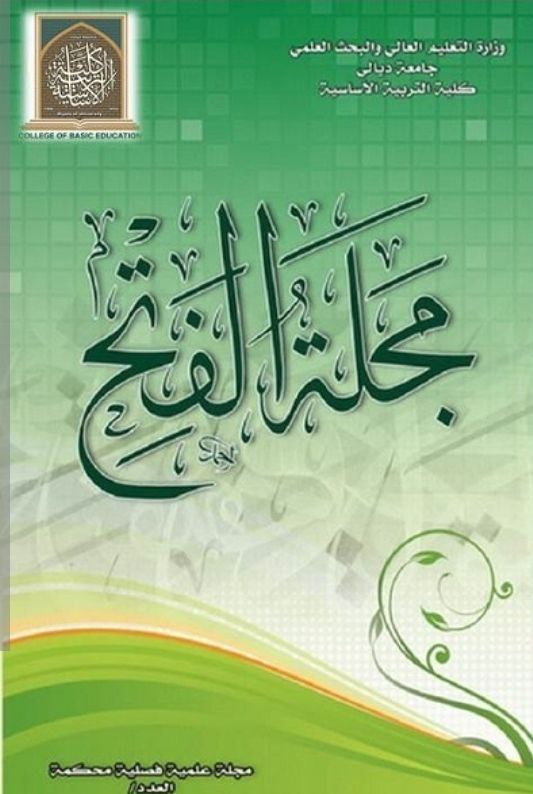Salam contract and parallel peace
DOI:
https://doi.org/10.23813/FA/88/1Abstract
Praise be to God, Lord of the worlds, and may God’s prayers and peace be upon the imam of the pious, our master Muhammad, his family, his companions, and those who follow them in goodness until the Day of Judgment. Conclusion The science of financial and banking transactions is still in development and renewal commensurate with the tremendous progress witnessed by dealing systems in various parts of the world, which introduced new forms for us. We did not have any of the previously known contracts such as Salam, Istisna’a, and companies except their names, after compound contracts entered them, which necessitated the search for Imagine it and know its ruling. Among these emerging contracts that need to be researched: the parallel peace contract and an explanation of its role in economic development, and this is being studied through two sections: As for the first topic: it includes the definition of the traditional peace contract, with an indication of the evidence of its legitimacy, and mentioning the most important conditions related to peace. In the second topic: the definition of the parallel or parallel peace contract, with a statement of the scholars' opinions on it in order to reach its legal ruling, in addition to a statement of the economic feasibility in contemporary financial transactions. The problem of the research: showing the development in the inherited jurisprudential concepts, and linking them to the emerging image required by modern life, which demonstrates modernity, contemporaryity, and the validity and reform of Islamic jurisprudence for every time and place. Research Objectives: Presenting the legitimate alternative to the peace contract known in our original jurisprudence, in ways that suit our time, with the caveat that it is a proposed means to bridge the deficit of the state's general budget.
Downloads
Published
How to Cite
Issue
Section
License
Copyright (c) 2021 http://creativecommons.org/licenses/by/4.0

This work is licensed under a Creative Commons Attribution 4.0 International License.
حقوق النشر والترخيص
تطبق مجلة الفتح للبحوث التربوية والنفسية ترخيص CC BY (ترخيص Creative Commons Attribution 4.0 International). يسمح هذا الترخيص للمؤلفين بالاحتفاظ بملكية حقوق الطبع والنشر لأوراقهم. لكن هذا الترخيص يسمح لأي مستخدم بتنزيل المقالة وطباعتها واستخراجها وإعادة استخدامها وأرشفتها وتوزيعها ، طالما تم منح الائتمان المناسب للمؤلفين ومصدر العمل. يضمن الترخيص أن المقالة ستكون متاحة على نطاق واسع بقدر الإمكان وأن المقالة يمكن تضمينها في أي أرشيف علمي.
لمزيد من المعلومات، يرجى متابعة الرابط: https://creativecommons.org/licenses/by/4.0/.



